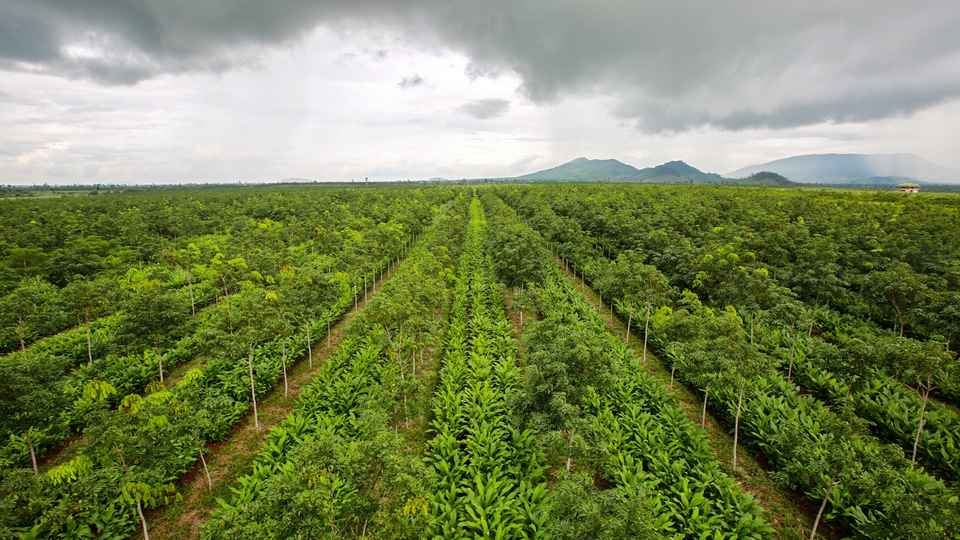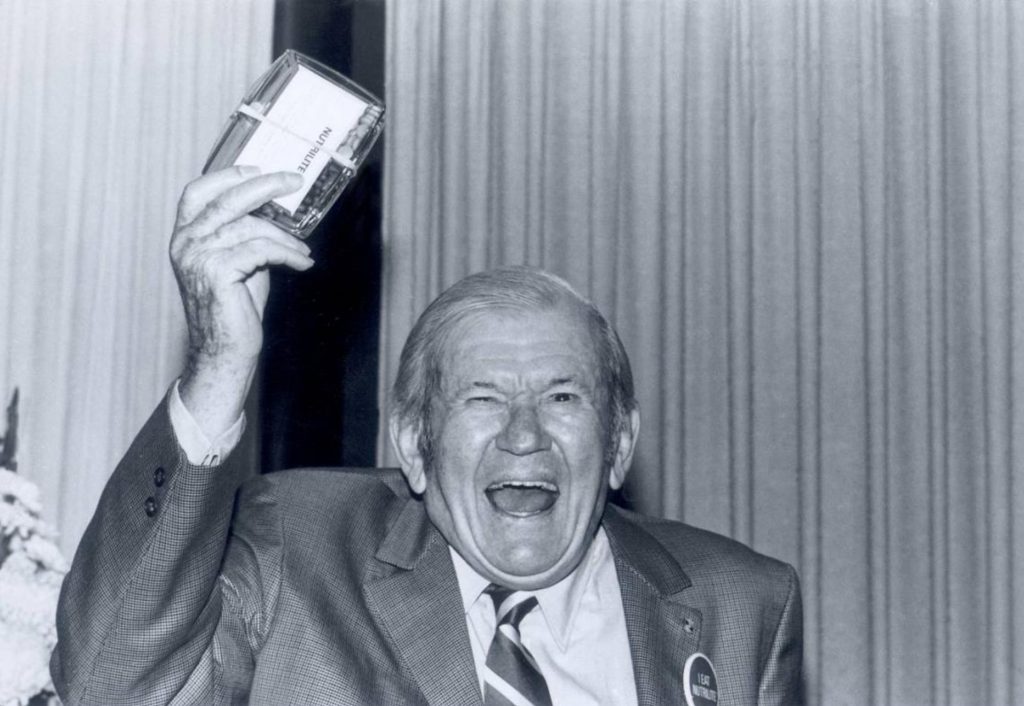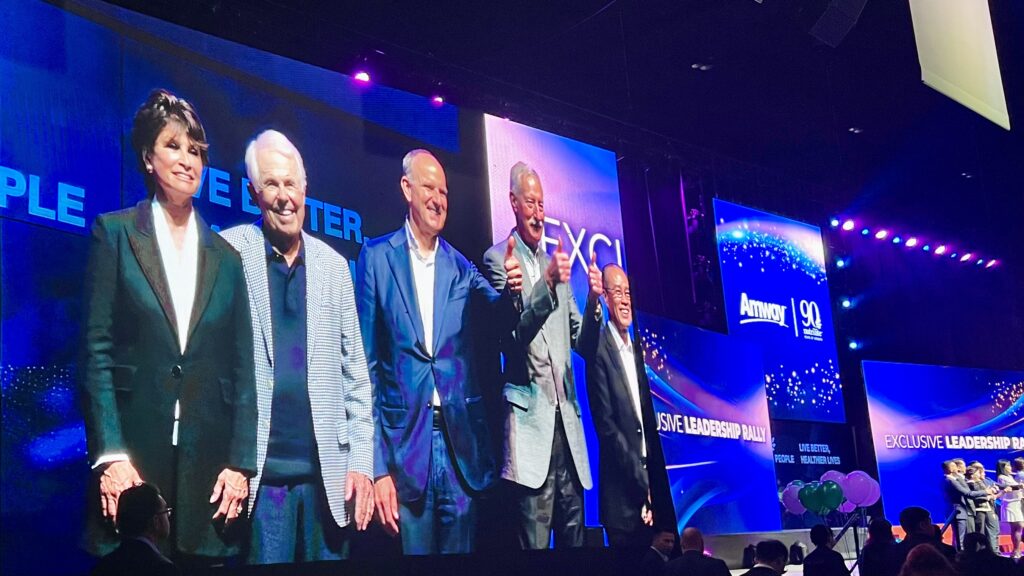Food insecurity is when a person lacks regular access to enough safe and nutritious food for normal growth and development and an active and healthy life, according to the FAO.
Approximately 800 million people in the world faced hunger in 2021. That’s a lot. Food security, and the elimination of food insecurity, should continue to be a top priority. Our world population continues to grow, and the environment is becoming increasingly volatile, which means even more people may struggle to find healthy food in the future.
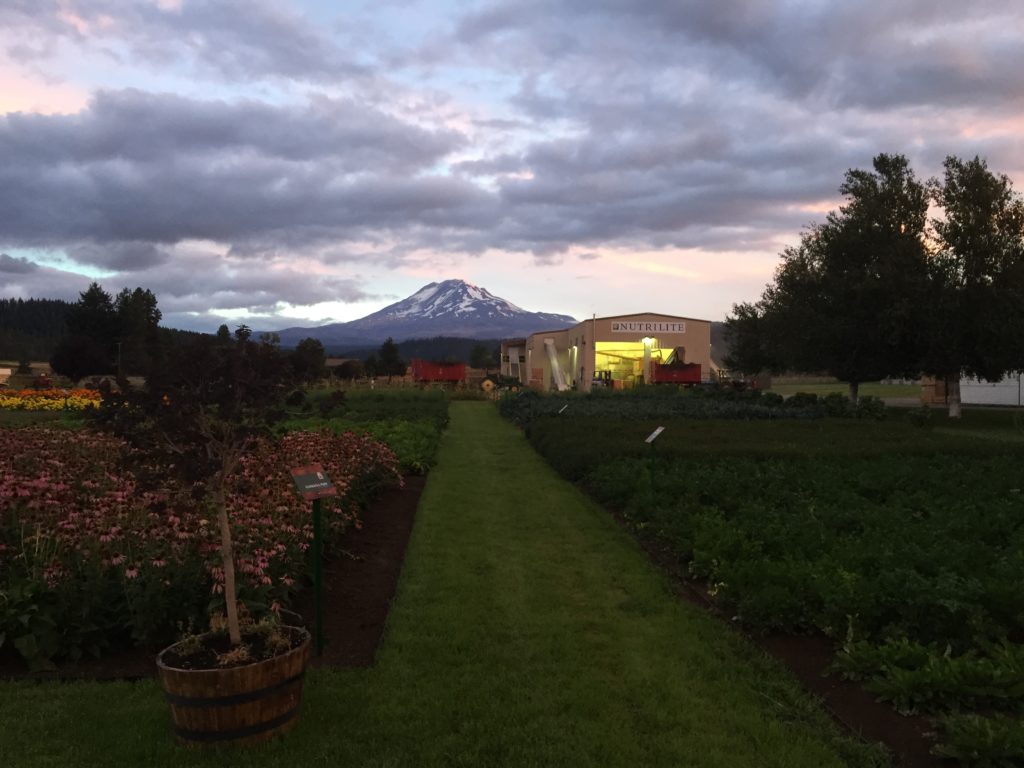
That’s why when I hear insights from Dr. Christopher Gardner about things like stealth nutrition and other ways that our food systems can be made more sustainable, I pay attention to what he says. In a Medium article written by Ashley Abramson a few years ago, he pointed out the simple idea that nutritious food can also be the most flavorful. And in a more recent interview, he spoke about ways we can adapt our food systems to supply healthier food while also helping the planet.
Dr. Gardner is the Rehnborg Farquhar Professor of Medicine at Stanford University, and his approach to nutrition and food is what we need more of. Because if we are going to have a resilient future, we need to be thinking not just about food security, but more specifically, about nutrition security. There is a difference. Shifting from food security to nutrition security means shifting our thinking from quantity to quality.
Of course, people need enough food to be food secure, but addressing hunger also includes giving our bodies the nutritious food we need to live long healthy lives.
Where does our food come from?
Where our food comes from is something we often take for granted. For many of us, it’s easy to go to the market or the grocery store, find food that appeals to us and simply buy it. We don’t always think about how and why it made it to the shelf for us to choose and consume. Because how it is grown or raised, and how it gets to the market, can directly affect the environment. Which means our food choices can help support the planet. That’s why we should choose wisely.
The Standard American Diet or Western Diet, which is low nutrition, low-cost, and convenience-focused, is becoming more prominent in low-income countries and in large countries like China and India. This might seem like a way to address food insecurity but relying only on this type of diet also means more people are becoming subject to obesity and disease.
The reality is that good nutrition from quality food would help prevent many diseases from occurring in the first place. Imagine a world where our global health systems could focus on helping people achieve their best health instead of treating their illnesses. What a difference that would make!
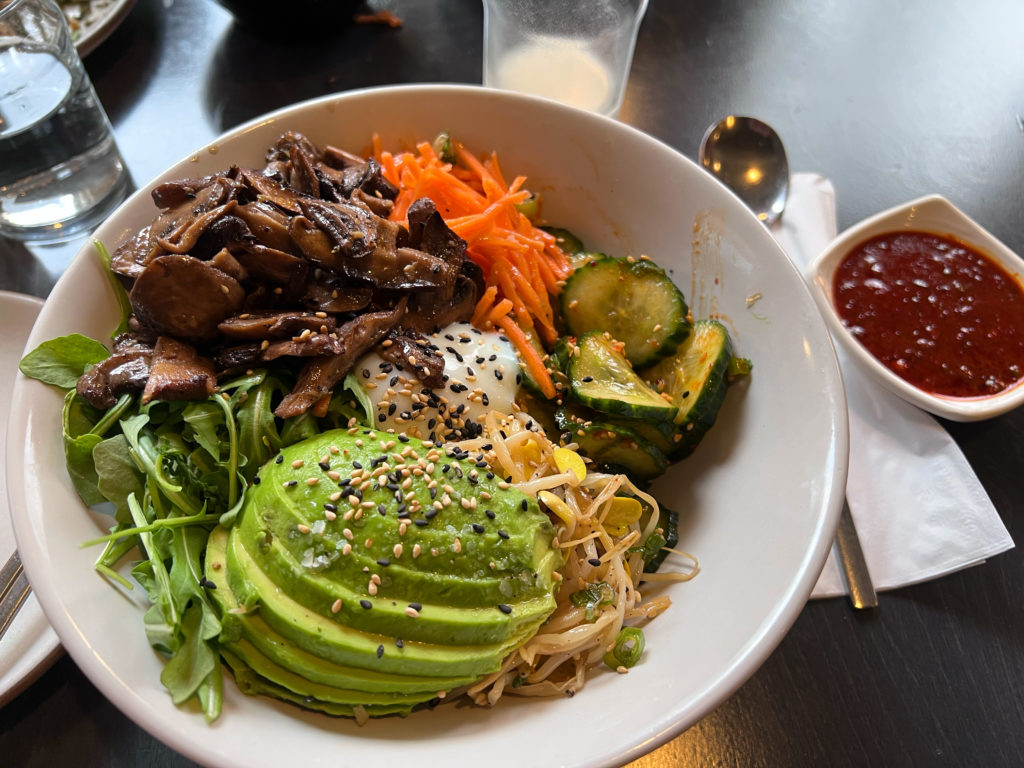
That’s the idea behind nutrition security. If we can make nutritious food flavorful, desirable and available to people who want it, we will have a much healthier world. And eating the proper mix of delicious plant-based foods combined with the right type of protein will help make the world more sustainable.
And if you know what you’re eating is good for the planet, your food will taste even better!
Cheers!


